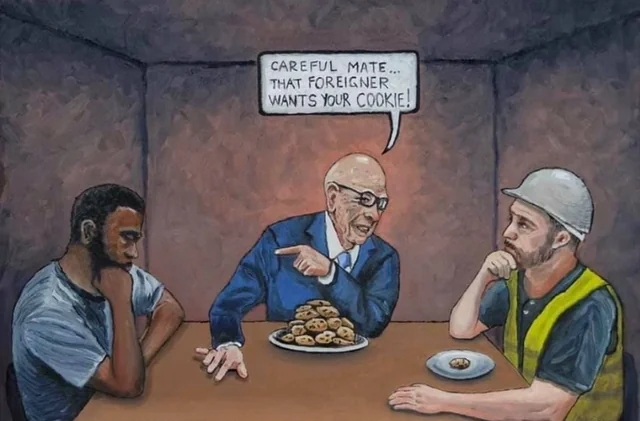

The problem is that we’re now forty years into neoliberal orthodoxy. There’s been two or three generations of policymakers, politicians and bureaucrats who cannot even conceive of publicly-funded, publicly-run services and solutions. I’ve been in meetings where this gets suggested and people look at you like you’re pants-on-head crazy for suggesting government just do it, soup to nuts.
Think about it: when was the last, realy, fully-public solution delivered? Not one where the private sector was bribed to do it, not one where the government gave tax breaks, not one where some douchebag got their name on the door.
You have to go back to the 1970s, at least. Anything good, anything we built, was before 1980.







He didn’t really talk to the nation. He played a role: sunny, shiny, happy, rainbow-painted park benches pride parades, but underneath it’s the same champagne-sipping Laurentian neoliberal wankery.*
I’d say the mask was off with either electoral reform or, and this is my theory, the lightning-fucking-quick move to sell TMX.
(as opposed to the tall-hat, cowboy-cosplaying Calgarian elite that’s the CPC)